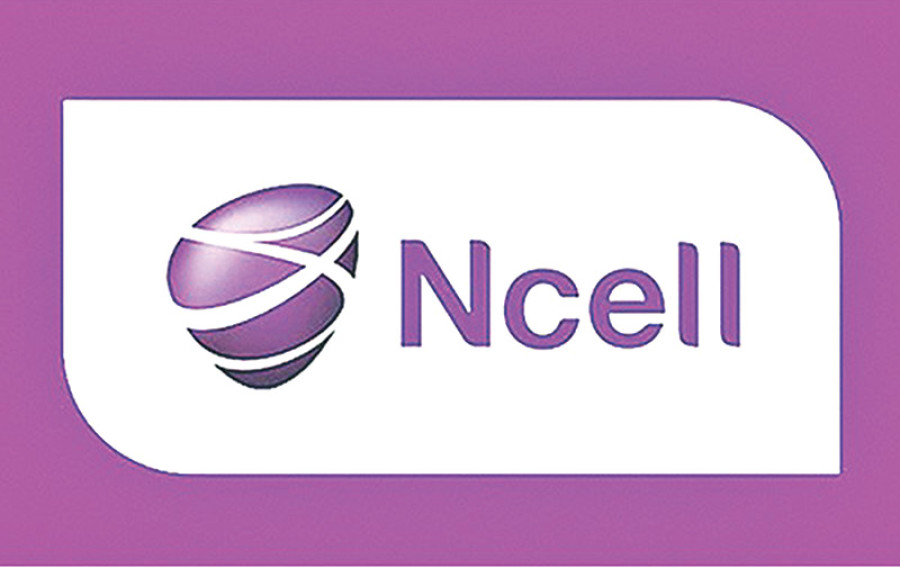Money
Ncell fails to abide by new pulse directive
Ncell, Nepal’s largest private sector telecom company, has failed to abide by the telecom sector regulator’s new directive on pulse duration, which could lower financial burden on telephone service users in the country.
Ncell, Nepal’s largest private sector telecom company, has failed to abide by the telecom sector regulator’s new directive on pulse duration, which could lower financial burden on telephone service users in the country.
The Nepal Telecommuni- cations Authority (NTA) had directed all telecom service providers to introduce the new pulse duration from Friday. Under the new system, pulse duration for domestic mobile calls has been dropped to 10 seconds from 20, while the pulse duration for international calls has been slashed to 30 seconds from 60.
So far, only Nepal Telecom (NT) has notified the regulator about implementation of the new directive on pulse duration, according to the NTA. The company also told the Post that 10-second pulse duration was introduced from Friday.
“We have already made necessary changes to the billing software and have started charging customers as per the new tariff regime,” NT Joint Spokesperson Shobhan Adhikari said. “As for the post-paid service, adjustments will be made by the time customers pay their bills.”
The NTA, however, has not been able to independently confirm whether telecom service providers have implemented the new pulse duration.
“We haven’t been able to monitor implementation of the new pulse duration as Friday and Saturday were public holidays,” NTA Spokesperson Min Prasad Aryal said.
NT and Ncell command a significant market share in Nepal’s telecommunications market. According to the latest Management Information System (MIS) data, Ncell has 14.9 million GSM voice service subscribers, while NT has 13.9 million subscribers.
A test conducted by the Post in Ncell network on Saturday evening, however, showed the company charging customers on the basis of 20-second pulse duration. Ncell officials did not respond to the Post’s request for a comment on the issue. According to Aryal, the authority will penalise service providers that have not abided by the regulator’s instruction based on provisions in the Telecommuni-cations Act.
“We will first seek clarification from Ncell and initiate necessary action,” Aryal said, adding, “The regulator had provided almost a month to service providers to make necessary adjustments.”
He further said: “The process is not complicated. Service providers just need to make some adjustments in the billing software.”
Pulse duration is a measure of time based on which tariff is determined in telecommunications services. For instance, if one pulse is 20 seconds and the cost of one pulse is fixed at, say, Rs1, consumers will have to pay Rs1 even if they talk on the phone for less than 20 seconds.
In other words, callers will have to pay Rs1 even they have talked on the phone for 10 seconds.
The new tariff regime has made it mandatory for telecom service providers to consider 10 seconds as one pulse. This means telephone companies will have to charge customers based on the new pulse rate of 10 seconds. And the tariff for the 10-second pulse rate is lower than 20-second pulse rate.
Pulse rates differ from company to company and from service to service. Likewise, the type of package that a consumer has subscribed to also impacts the pulse rate.
The NTA is now planning to fix the pulse rate at 1 second for domestic calls and 10 seconds for international calls. This rule will come into effect on October 18.




 14.24°C Kathmandu
14.24°C Kathmandu














